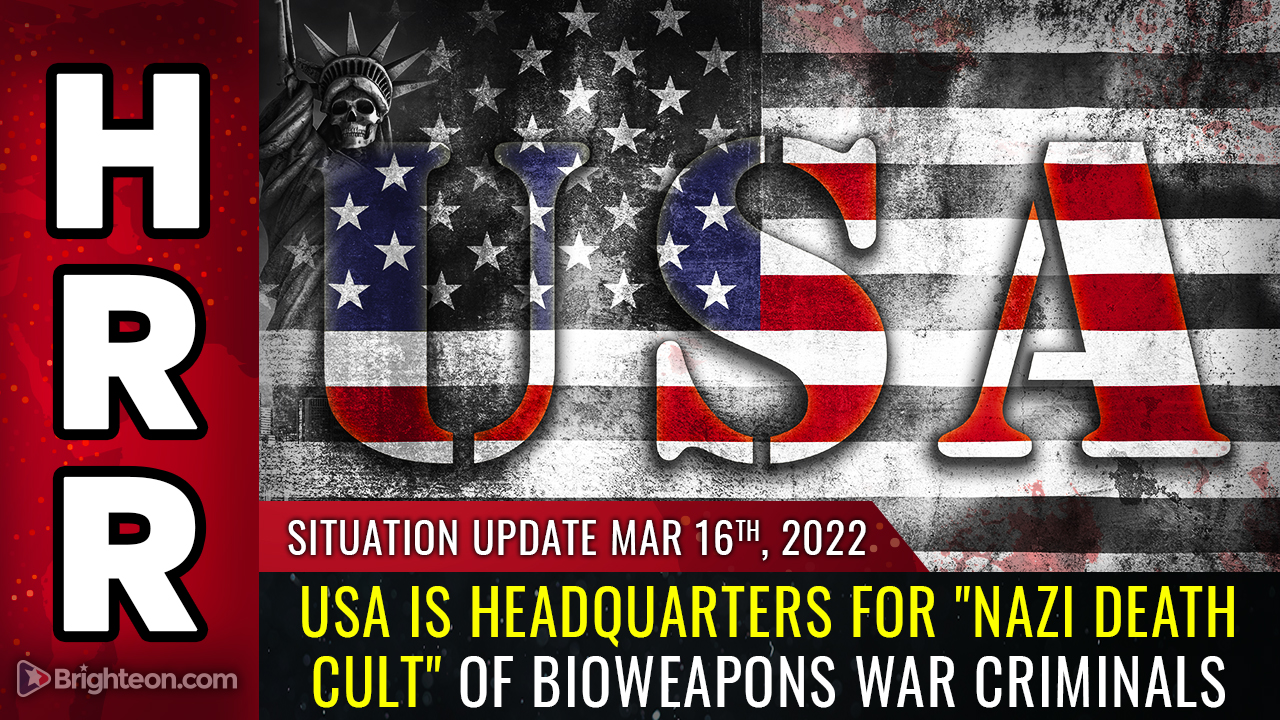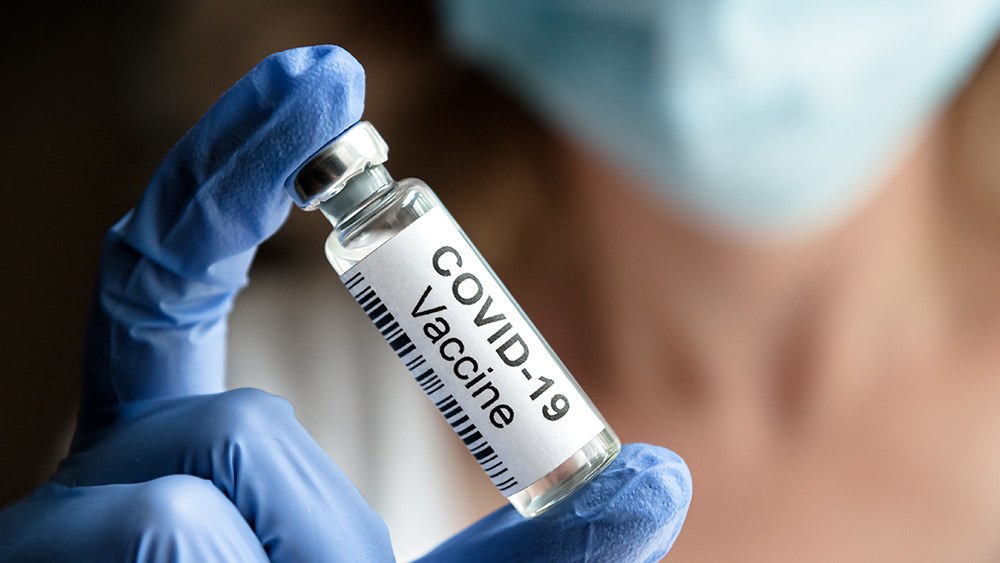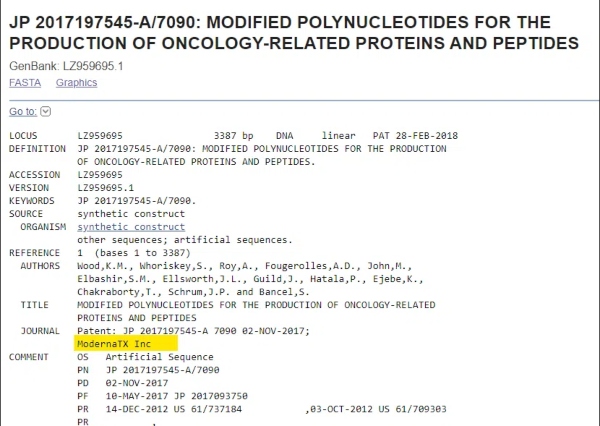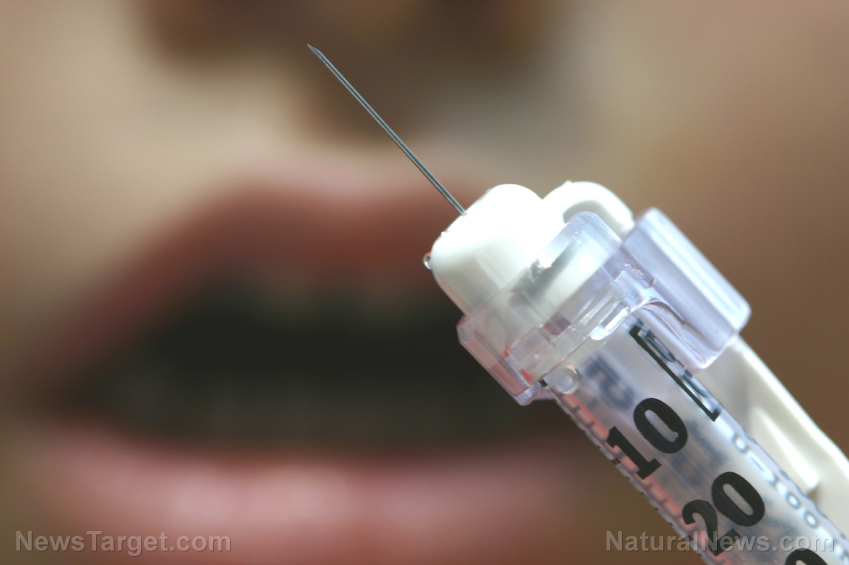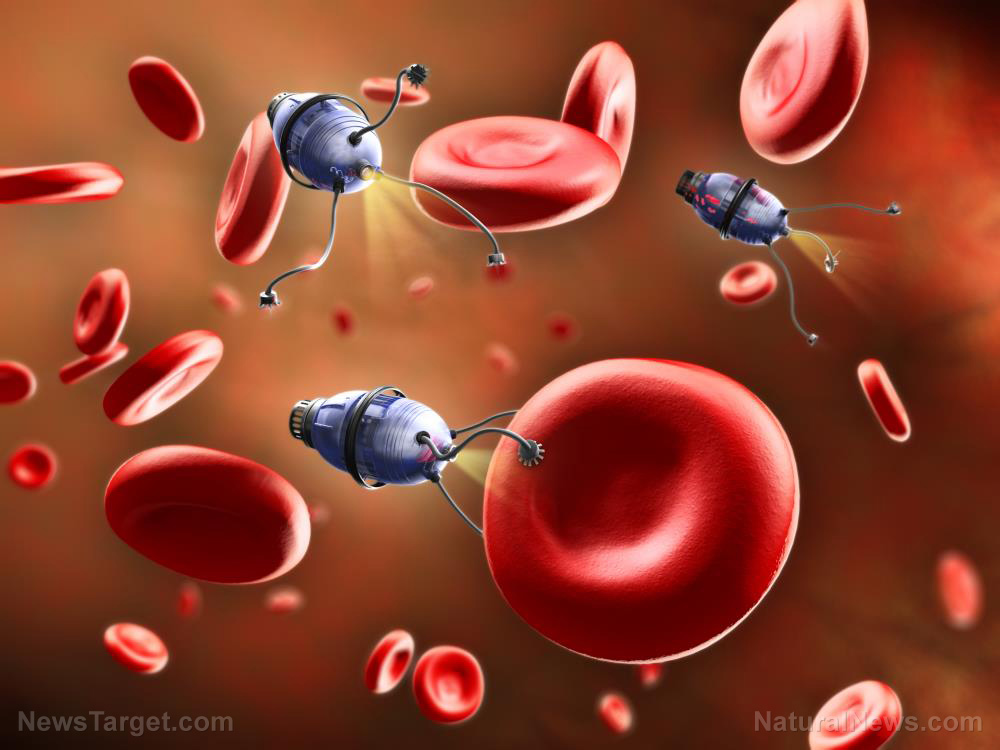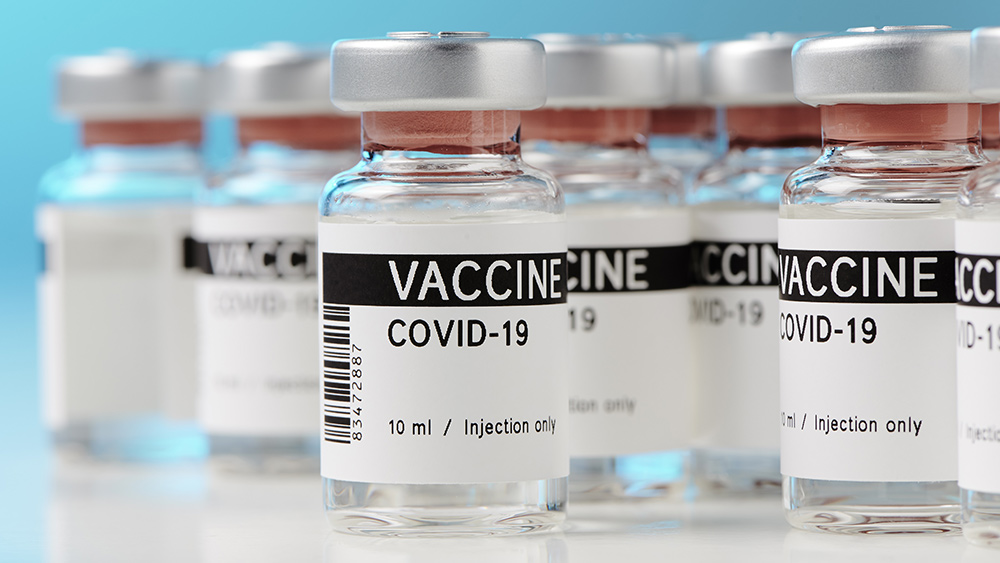MORE EVIDENCE: U.S. biotech company Metabiota links biolabs in Africa and Ukraine to the Pentagon’s DTRA
03/21/2022 / By Ethan Huff

It is now undeniably clear that the United States was heavily involved in developing and managing biolabs throughout Ukraine, and that this could be the primary focus of the Russian invasion. We also now know that a U.S.-based biotechnology company called Metobiota is connected to the scheme.
Dilyana Gaytandzhieva, a Bulgarian journalist, outed Metabiota in a lengthy 2019 article, explaining that the company is a main player in the Ukrainian labs.
“It’s a company that tracks the trajectory of outbreaks and sells pandemic insurance, but also seems to have its hand in the actual labs that, as we painfully learned the past two years, might be the source of some of these outbreaks,” says David Horowitz.
As a background, biowarfare scientists, using diplomatic cover, have been testing man-made viruses at Pentagon-run laboratories located in some 25 countries around the world.
Three of these biolabs are directly funded by the Defense Threat Reduction Agency (DTRA) under a $2.1 billion military program called the Cooperative Biological Engagement Program, or CBEP. These are located in former Soviet Union countries such as Georgia and Ukraine, as well as in the Middle East, South East Asia and Africa.
It turns out that DTRA has outsourced much of the work that takes place at these biolabs to private companies, which are not accountable to Congress. This allows them to operate more freely and skirt the law as needed.
How many epidemics and plandemics has Metabiota been a part of?
Metabiota is one such private company that was hired to push scientific boundaries and develop new knowledge. Its website states the following:
“We have deep and sustained partnerships with governments, health agencies, academic institutions and private enterprise.”
Metabiota offers both products and services to its customers. These products and services, which are designed to identify early signals of emerging outbreaks, are targeted at those with commercial interests such as insurance companies.
“We work with leading organizations across the insurance industry, as well as multilaterals and disaster-risk financing organizations, to develop novel infections disease-related products,” the company says about itself.
“We combine leading epidemiological, statistical and actuarial techniques to quantify epidemic risk, shed light on uncertainty, and provide data-driven consulting on policy design.”
In 2017, the company released a promotional video explaining that “our disease model library is the largest in the insuretech industry … allowing you to … quantify the impact of an event on your portfolio in dollars and see what drives your losses.”
In 2014, Metabiota was awarded $18.4 million in federal contracts under the Pentagon’s DTRA program in Georgia and Ukraine for scientific and technical consulting services.
Between 2012 and 2015, Metabiota was contracted by the Pentagon to work for DTRA before and during the Ebola crisis in West Africa, and was also given another $3.1 million to work in Sierra Leone.
In August 2018, Metabiota announced that it has received an award from Black & Veatch (B&V) to support DTRA’s CBEP in Iraq.
All around the world, Metabiota has been collaborating with the U.S. government to perform services related to what we now suspect to be biological weapons developed at Pentagon-run laboratories.
There seem to have been many planned epidemics and plandemics prior to the Wuhan coronavirus (Covid-19), in other words, for which Metabiota was contracted to provide scientific and technical consulting services.
Metabiota also has a heavy presence in Africa, and has always been in just the right place at just the right time when disease outbreaks occurred – almost as if someone knew they were going to happen and needed help managing them?
“Isn’t Biden’s son involved with Metabiota or Black & Veatch?” asked someone at the Daily Exposé, adding further conspiracy to these companies.
More related news can be found at Corruption.news.
Sources for this article include:
Submit a correction >>
Tagged Under:
Africa, biolabs, biological warfare, biotech, bioterrorism, biowar, bioweapons, Metabiota, Pentagon, Ukraine, world war
This article may contain statements that reflect the opinion of the author
RECENT NEWS & ARTICLES
COPYRIGHT © 2017 BIO TECH NEWS


